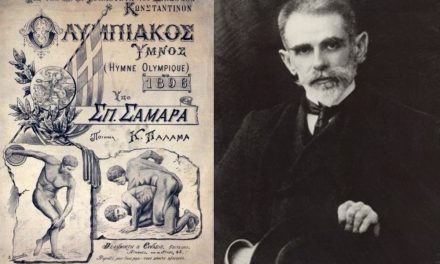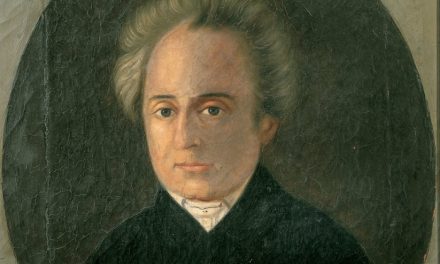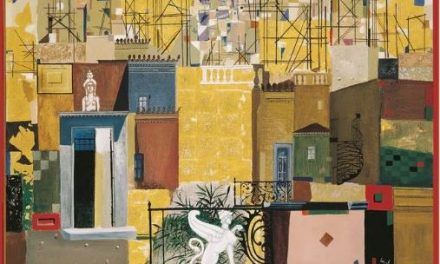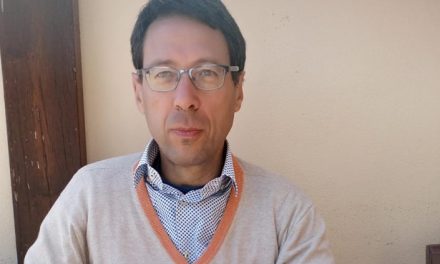Stella Chaireti studied Classical Letters at the National and Kapodistrian University of Athens. She has a Master Degree in Modern Greek Philology (State Scholarships Foundation-IKY). She has published two poetry collections, A Handful of Earth and You, and I with You, as well as a play titled Plague of Athens, by the publishing house Anonymous Book. She has adapted the play The Woman of Patras, produced by THESI-Stravaganti NUOVI. In 2023 she was awarded a Commendation in the “2022 State Playwriting Award Competition” for her work Leni’s’ talk to an apple tree. A novella of the same title was published by nissos in 2024.
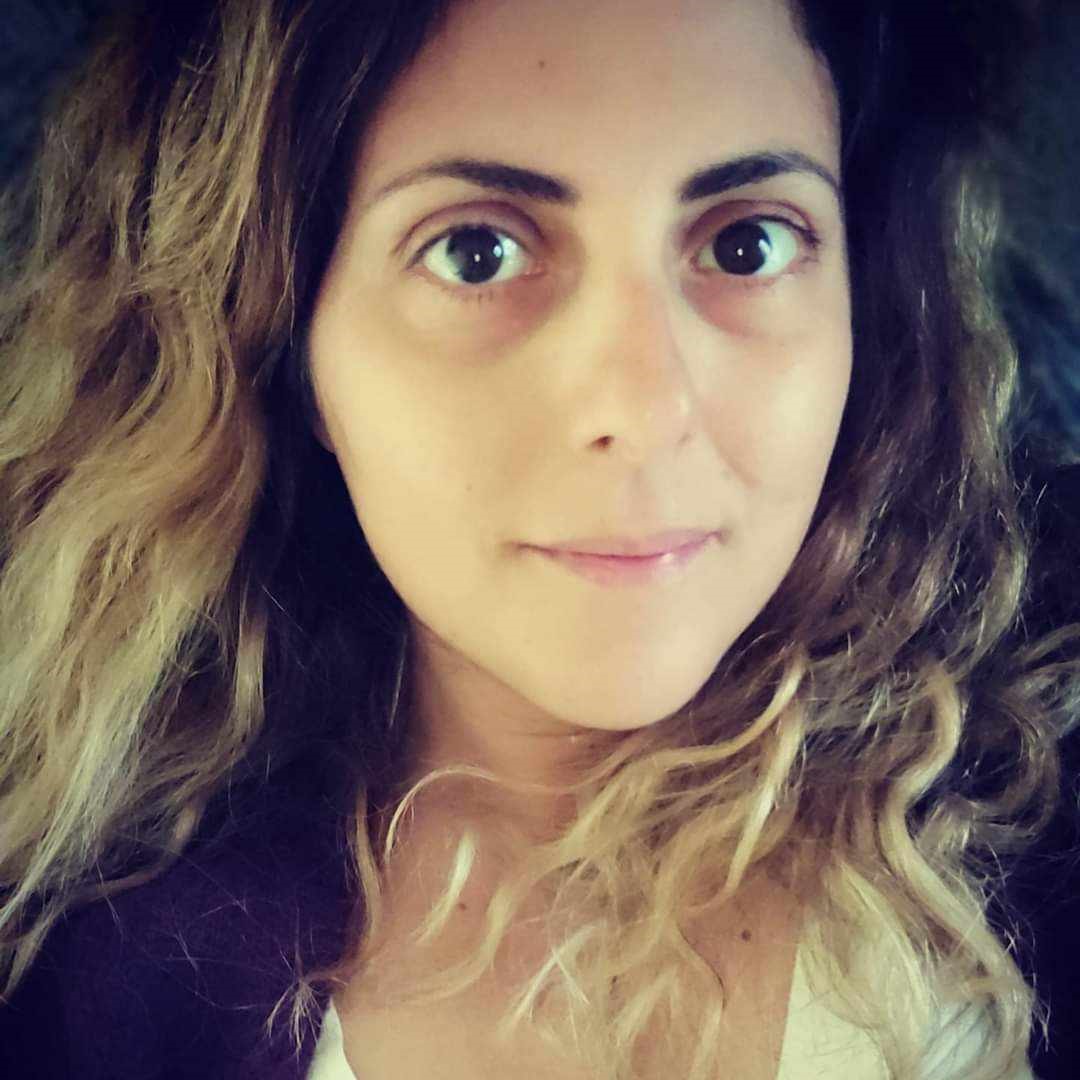
Your latest writing venture της Λένης η μ[ι]λιά [Leni’s talk to an apple tree] (nissos, 2024) received quite favorable reviews upon publication. Tell us a few things about the book and its title.
Leni’s talk to an apple tree narrates the life of Leni, a woman from the Greek countryside, in an unspecified time. Leni reveals part of her personal history, outlining not only her personality, but also how her difference is perceived by the society around her. Two more characters, male this time, who are deliberately unnamed, the Cretan and the Resident, complete her narrative, and thus the writing universe. Leni lives alone, uncompromising, uneducated, yet daring to claim her personal space that allows her to breathe freely. A story of mystery, passion and pain unfolds, driven by an apple tree. The tree that belongs to her field takes on symbolic value and Leni does not allow it to be handed over to anyone. Carnal love will be embodied in the person of the Cretan who in turn mysteriously appears where she lives. Finally, the Resident wishes that Leni remains there because her absence will upset his own balances.
A story that straddles the line between Leni’s language and the apple tree of her field [in Greek, the word “μ[i]λιά” means both ‘spoken language’ and ‘apple tree’], with an entire village claiming its origin. Who will ultimately succeed is up to the reader to decide. The balances that are ambiguous and fragile highlight that pluralism and the need for acceptance run through our world as a lingering demand that we must be attentive to. Leni’s monologue received a Commendation in the 2022 State Playwriting Award Competition and this welcome distinction proves that small voices remain powerful and capable of rewriting history as and when needed.
“Our surrounding modern reality often places the female body in a position of pain. This situation, which can be extended to any human being who suffers as they claim a space of their difference, requires the re-definition not only of the female identity, but also of the self”. Tell us more.
I reckon that the human body should be reaffirmed as a non-negotiable value. Our society today tends to treat the human body as a place, distancing it from the personal desires and aspirations of the person who possesses it. The female body in particular is often made a commodity through unintentional practices. The female body becomes a place of pain, either because it succumbs to practices it does not want by force or because society insists on expecting the female body to fulfil certain roles (for example, to give birth, not to age, etc.). In general, we can argue that any body that does not follow the beaten path is a body that will eventually, at some point and for some reason, be hurt. So, it is not only the body that claims its freedom, but the self that struggles for its very personal identity. It is the different person who is tired of being treated as different in a harsh normality that leaves no choice whatsoever.
More generally, what about the political aspects of gender and their revolutionary potential in literature?
Finding our personal voice constitutes our first revolution. Within literature, this voice can develop safely. Literature, therefore, can be a revolutionary place. Literature can act as a revolutionary means. Gender, and the diversities through which it is expressed, is a dynamic space. The gain from combining the above is, at least as a first step, familiarity. Through words and their dynamic potential, literature constitutes the truth we need to hear and let be heard.
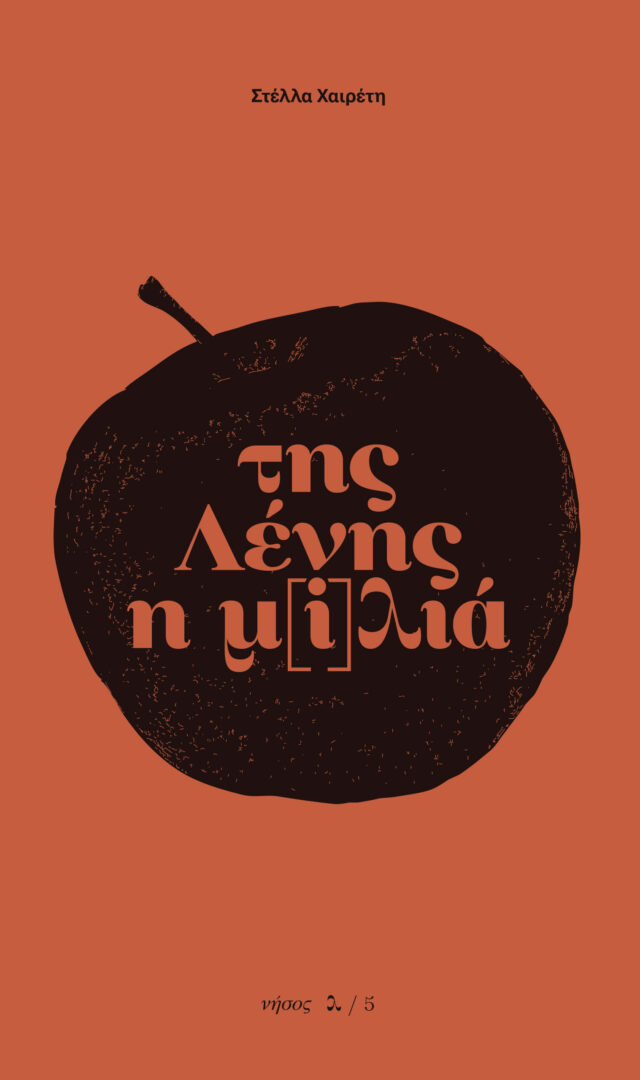
What role does language play in your writings? Does it constitute a means for young writers to deconstruct and reconstruct the world in their own terms?
Speech, language, is the central theme of the novella Leni’s talk to an apple tree. Leni asserts her voice and the acceptance of her desires with language as her only weapon. Speech, therefore, is the universe in which everything takes shape. Narrative is the testimony of our personal history articulated through our characters. Through its dynamic potential we can rewrite our personal world history and reclaim our place in society. Every narrative is the truth of the world told in our own way.
Theatre, poetry, prose. What is the binding thread?
Leni’s talk to an apple tree is my most complete work. It was preceded by two collections of poems, Α Handful of Eeart and You, and I with You as well as a theatrical play titled Plague of Athens, by the publishing house Anonymous Book. Working on these literary genres has been liberating. What they have in common, however, are the things that remain unspoken behind words. Those that stimulate the imagination and allow the reader to create their own personal and dynamic relationship with the work.
How are young writers related to the global literary trends? Where does the local and the national intersect with the international and the universal?
The global and the international are but a series of fragmented local and national experiences. It seems that all these experiences somehow intersect even if contemporary writers do not know each other and have not previously agreed on a common line. I feel very lucky to be able to get in touch with world literature easily and quickly. I have the impression, as a reader of foreign contemporary literature as well, that despite differences in method, we all discuss a common theme: our need to breathe free. And the goodness of this realization gestates a message of hope and reconciliation.
*Interview by Athina Rossoglou
TAGS: LITERATURE & BOOKS | READING GREECE

